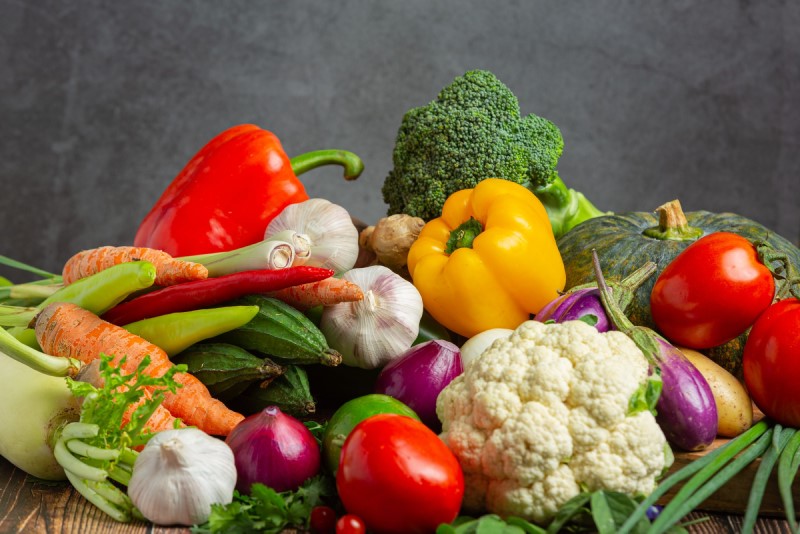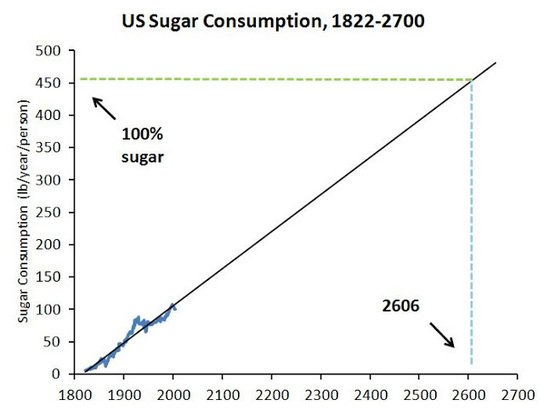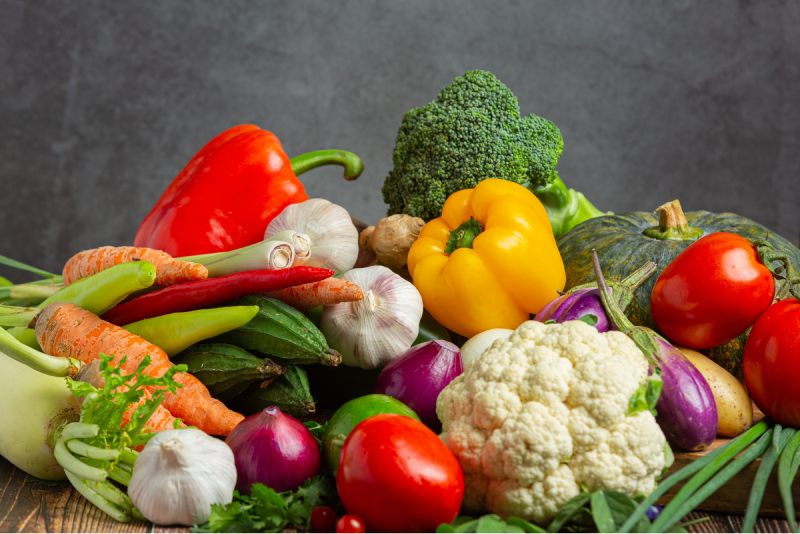Non-alcoholic steatohepatitis (NASH) is a type of liver disease that is becoming increasingly common, especially among people who are overweight or have diabetes. NASH is characterized by the accumulation of fat in the liver, which can lead to inflammation and scarring, and eventually liver failure. There is currently no specific treatment for NASH, but recent research suggests that incorporating certain vegetables into the diet may help prevent or alleviate the condition.
One vegetable that has been shown to be particularly beneficial for NASH is broccoli. A study published in Cancer Health found that eating broccoli can help prevent the accumulation of fat in the liver. Broccoli contains a compound called sulforaphane, which has been shown to improve liver function and reduce inflammation. Sulforaphane works by activating a protein called Nrf2, which helps to protect liver cells from damage.
Another study, conducted by researchers at Texas A&M University, found that a natural compound found in certain vegetables, including broccoli and brussels sprouts, can help fight fatty liver disease. The compound, called indole-3-carbinol (I3C), has been shown to reduce the accumulation of fat in the liver and improve liver function. I3C works by activating a group of proteins called aryl hydrocarbon receptors (AhR), which play a key role in regulating liver metabolism.
A guide published by Baylor College of Medicine recommends eating a variety of colorful vegetables, including leafy greens, bell peppers, tomatoes, and carrots. These vegetables are rich in antioxidants, which can help reduce inflammation and protect against liver damage.
However, it’s important to note that simply adding more vegetables to your diet may not be enough to prevent or treat NASH. A balanced diet that includes a variety of nutrient-dense foods, such as whole grains, lean protein, and healthy fats, is essential for maintaining liver health. It’s also important to limit your intake of sugar, saturated fat, and processed foods, as these can contribute to liver damage.
In conclusion, NASH is a serious condition but incorporating certain vegetables into your diet may help prevent or alleviate the condition. Broccoli, brussels sprouts, and other colorful vegetables are rich in compounds that can help protect the liver and reduce inflammation. However, it’s important to maintain a balanced diet that includes a variety of nutrient-dense foods to support overall liver health.
“DietSensor Nash” for iOS (download here) is a nutrition coaching app specialized in Nash to help patients affected by the disease tackle and if possible reverse it. It provides daily guidance, meal plans, a meal generator to match your preferences, nutrition education, macronutrient tracking, and a chat with a dietitian. It starts at the price of $49 to make sure anybody has access to its science-backed content.
References:
https://today.tamu.edu/2020/02/07/natural-compound-in-vegetables-helps-fight-fatty-liver-disease/
https://www.cancerhealth.com/article/eating-broccoli-helps-prevent-fatty-liver




